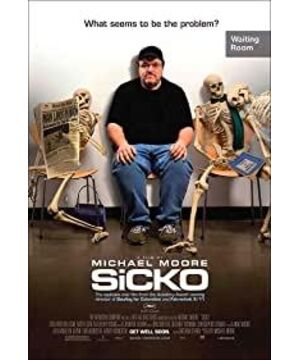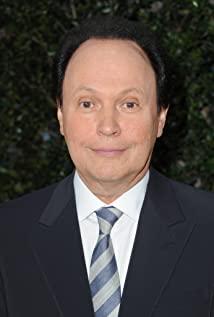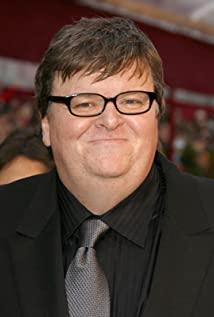Moore also uses a number of country-to-country comparisons in the film, documenting the medical conditions in Canada, the United Kingdom, France and Cuba. In all of these countries, you can get some level of free medical care, and it doesn't even matter whether you're a native or not. The most impressive is France. French citizens enjoy free high-quality medical services, and at the same time there are many other free benefits and incredible long paid holidays. But they also have to bear very cumbersome taxes, but for the middle-class family Moore interviewed, it seems that life is not stressful. Of course, each country has its own injuries on the back. Take France as an example. Although the quality of medical care in France is high, the country has a terrible deficit in this area every year.
There is a comment in the film that I remember most clearly: "I think there are two ways in which people can be controlled. First frighten people, and second demoralize them. An educated, healthy and confident nation is hard to govern. And I think there are elements in the thinking of some people. They don't want people to be educated, healthy and confident. Because they will get out of control."
Of course, whether this is the case or not is still a question mark. The so-called documentaries cannot fully present the real status quo. The film is always modified and processed by the director to express the director's own ideas.
When it comes to the market-oriented medical system in the United States, it is natural to think of the medical reform that has been going on in our country for a long time. The most impressive thing is only the separation of medicines. Well, actually I don't know much about this.
In 2005, when someone said that China's 20-year medical reform has almost failed, the public opinion circles boiled again. Yes, seeing a doctor is still so difficult, medicines are still so expensive, and corruption still exists. The market-oriented route just leaves more and more people without access to the most basic treatment. The tear-jerking stories in Moore's films are probably staged in every corner of China every day, but the ancients taught us to follow the middle path, so no one dared to jump out and make a "Chinese Neuropathy". Vulnerable groups are still vulnerable, and those who have nothing to do with themselves are only occasionally giving away their boring sympathy and satisfaction. In recent years, the direction of public opinion has blindly pointed the finger at the hospital and the doctor. It has intensified the already fragile doctor-patient relationship. (Is it interesting to scold the government directly and mislead the masses? Fighting will only make more people need treatment.) Come back and continue talking about medical reform, it seems that after the 17th National Congress of the Communist Party of China, China will introduce a new medical policy, this time the government Dominance is the mainstay, supplemented by some concepts of marketization, so that the medical business will not be lifeless. However, will there be new corruption, will the government's comprehensive intervention dampen the enthusiasm of the hospital, and what will it look like in the end? I don't know, let's wait and see.
Finally YY, I really want to go to England to be a doctor, and then go to France to retire in old age.
View more about Sicko reviews











